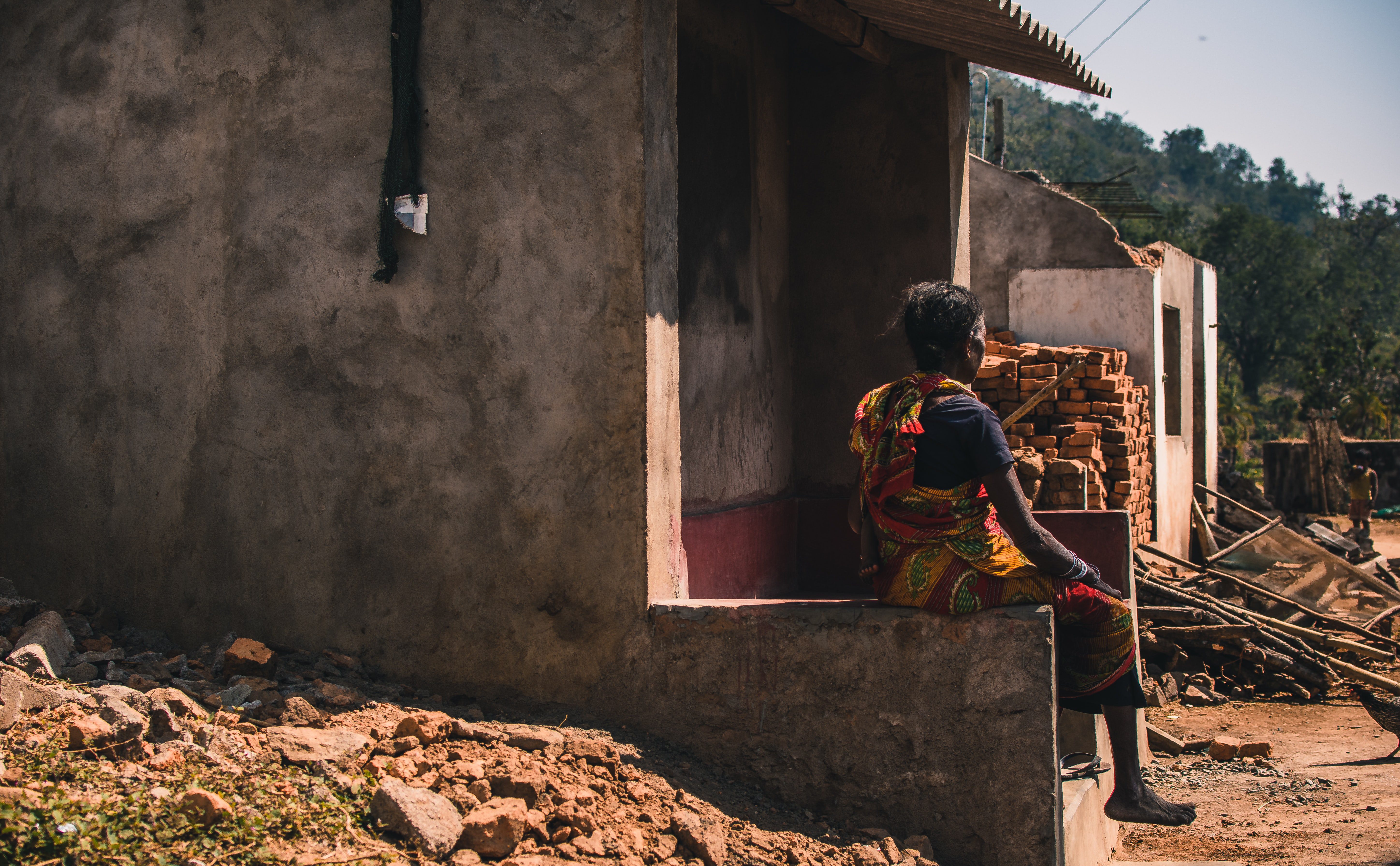The negative effects of South Africa’s hard lockdown continue to reverberate through the economy and broader society. The latest flashpoint has been in the taxi industry, specifically in Gauteng, where the South African National Taxi Council (SANTANCO) started the week of 29 June by indicating their taxis will operate at 100% capacity – in open defiance of lockdown regulations.
From 27 March this year, taxi operators have seen their customer base and potential for earning a profit forced out of existence by a lockdown intended to lessen the impact of COVID-19. To lessen some of the negative impacts of lockdown, the government offered the industry a R1.1 billion relief package, which was subsequently rejected. The government set the bailout precedent when it first discussed the idea of a massive R500 billion COVID-19 relief package; after that, all manner of different interest groups (who would represent their needs as the greatest) was always going to push to receive the greatest allocation of ‘relief.’
In his recent COVID-19 emergency budget, finance minister Tito Mboweni delivered a revised GDP growth estimate of -7.2% in 2020. Add to that the news from Q1 2020, that the unemployment rate was 30.1% and youth unemployment is pushing the 60% mark. Given such grim numbers, we can understand why people are becoming more and more desperate and why they ignore lockdown regulations in a bid to generate some measure of income.
The government should not be in the business of subsiding any sector of the economy. Once it decides to subsidise one industry or one player in an industry, it undermines the possibility of competition and stacks the deck against other competitors – particularly new players. By supporting one business, the government takes a public stand in its favour, with all the concomitant tensions that result.
The problem with government subsidies is that they set precedents and create expectations. When the government’s coffers run dry and it can no longer maintain previous levels of support, it is forced to remove the support, and those who enjoyed the subsidies are left in the lurch. We should not be surprised when conflict arises because the relationship cannot continue as before. Therefore, the rule of thumb should be that the government does not subsidise any business or industry. Subsidisation is way outside the government’s proper role in society. Protecting individual rights is the government’s most important task.
Government interference guarantees that there will be lobbying and facilitation of corruption. The individual or group with the most money and the best political connections has increased vested interest in ensuring that the government looks out for their interests, often at the cost of everyone else.
[perfectpullquote align=”right” bordertop=”false” cite=”” link=”” color=”” class=”” size=””]While one can be concerned about the faster spread of COVID-19 that can accompany increased travel, and disagree with government subsidies, as a rule, one must understand why taxi drivers feel that they must now simply ignore lockdown regulations.[/perfectpullquote]
With the country so ravaged by corruption, we must act decisively in untangling the millions of connections between the South African state and the economy. The more interference, subsidies, meddling, and preferential treatment there is, the more power is concentrated in the hands of the politically connected few. This means that there is less room for individual agency and trade, economic freedom, and the economic growth this country desperately needs.
Throughout the lockdown, we’ve seen examples of what happens when people’s basic civil liberties and economic freedoms are summarily suspended. The illicit tobacco market has flourished. Because the government pursued the wrong policy path – a hard lockdown – in a country where economic freedom is still not enjoyed by all citizens, the effects of suspending economic activity were exacerbated exponentially.
For the simple human necessity of earning a living, people have been forced into desperate situations. What else could we expect, in an economy that was already on its last legs before the pandemic hit? When the government outlaws basic human action and trade, all manner of illegal conduct results.
Instead of allowing taxi associations, drivers, and customers to adapt to the threat of COVID-19, the government pursued the hard lockdown route. The result was that thousands of taxi drivers could no longer earn a living for themselves and their families. SANTACO, and the members it represents, have decided to take matters into their own hands.
While one can be concerned about the faster spread of COVID-19 that can accompany increased travel, and disagree with government subsidies, as a rule, one must understand why taxi drivers feel that they must now simply ignore lockdown regulations. When government intervention in the economy makes it virtually impossible for people to earn a living, we should not be surprised when the people decide they have had enough.
Chris Hattingh is Project Manager at the Free Market Foundation. The views expressed in the article are the author’s and are not necessarily shared by the members of the Free Market Foundation.
Photo by Parij Borgohain on Unsplash.

